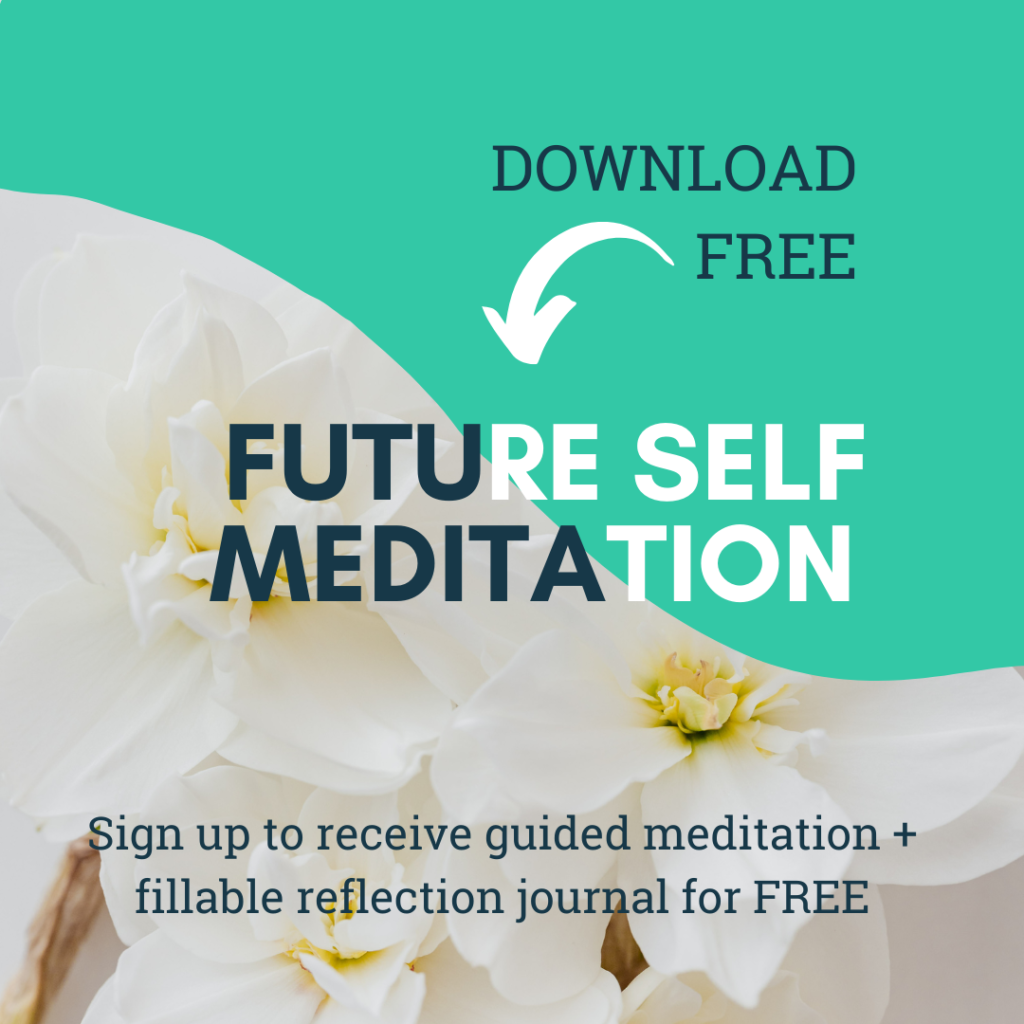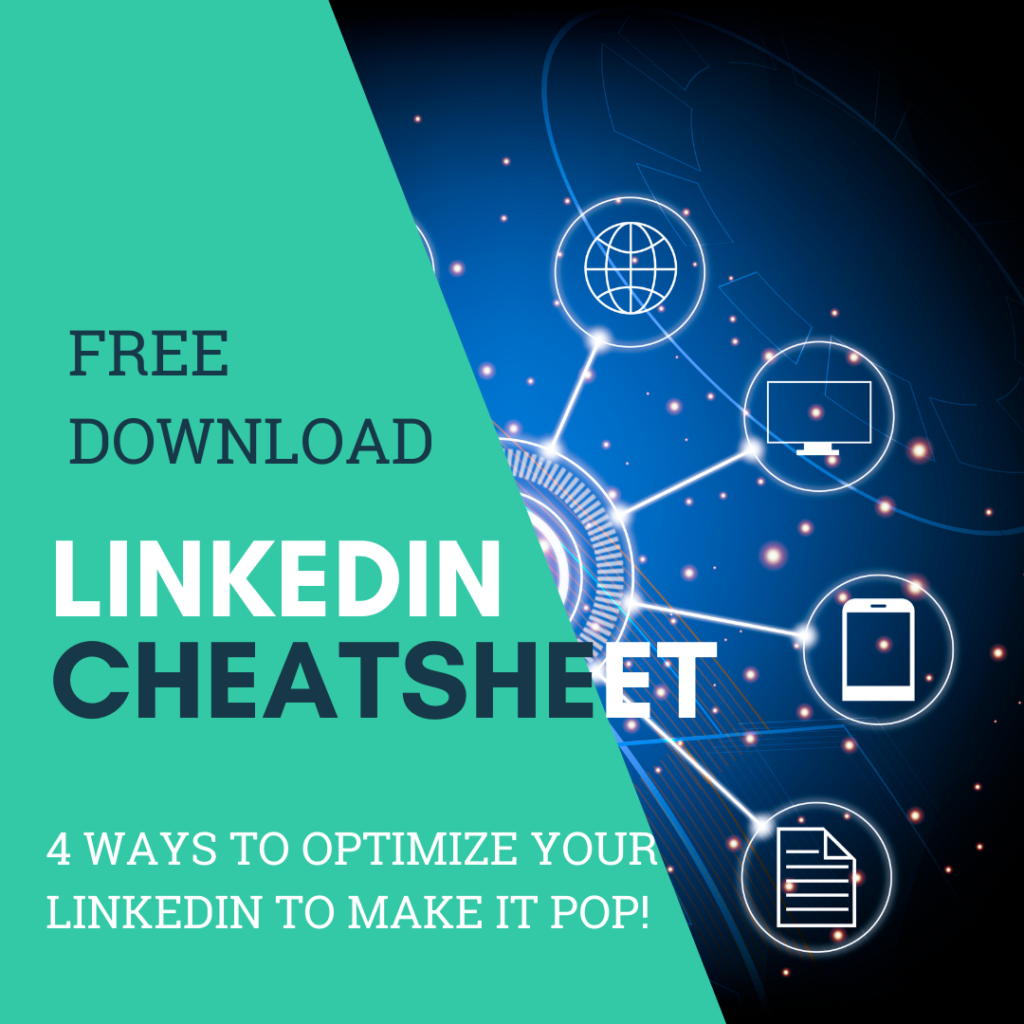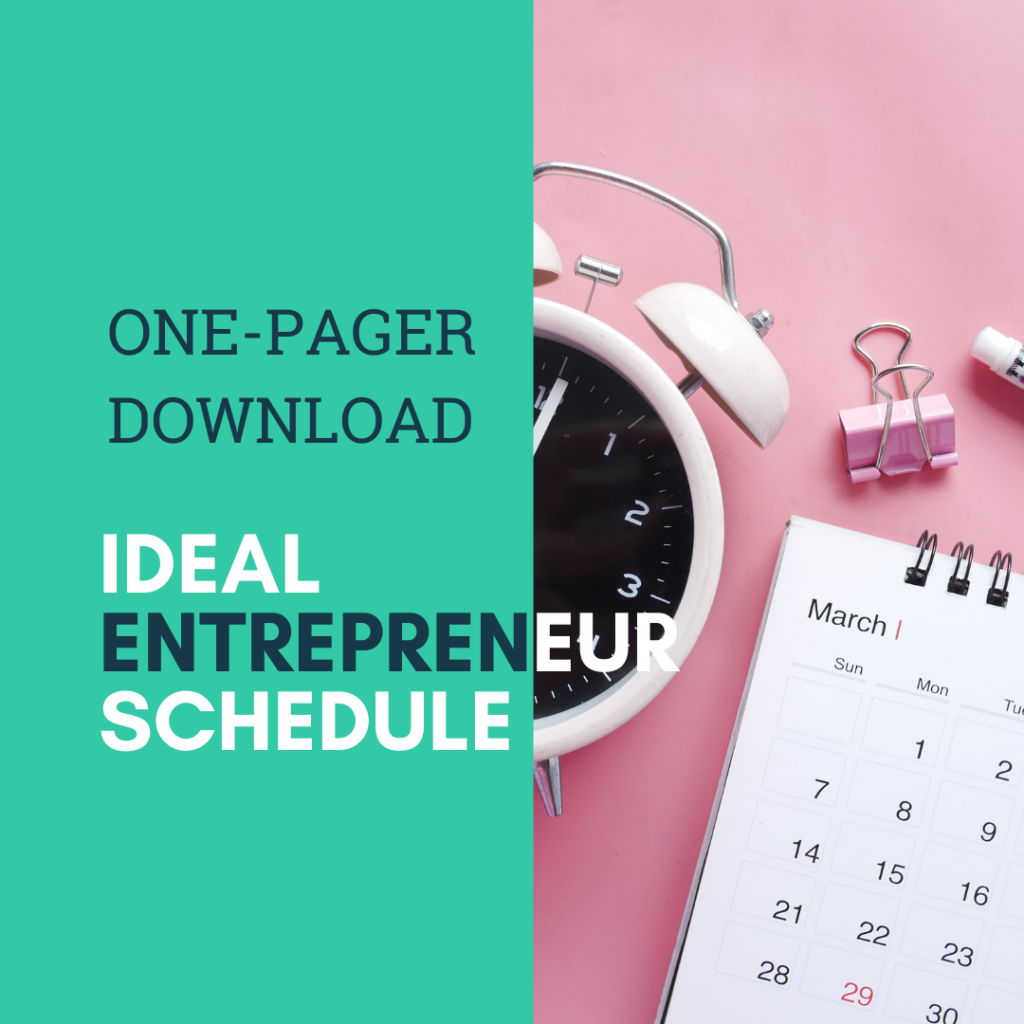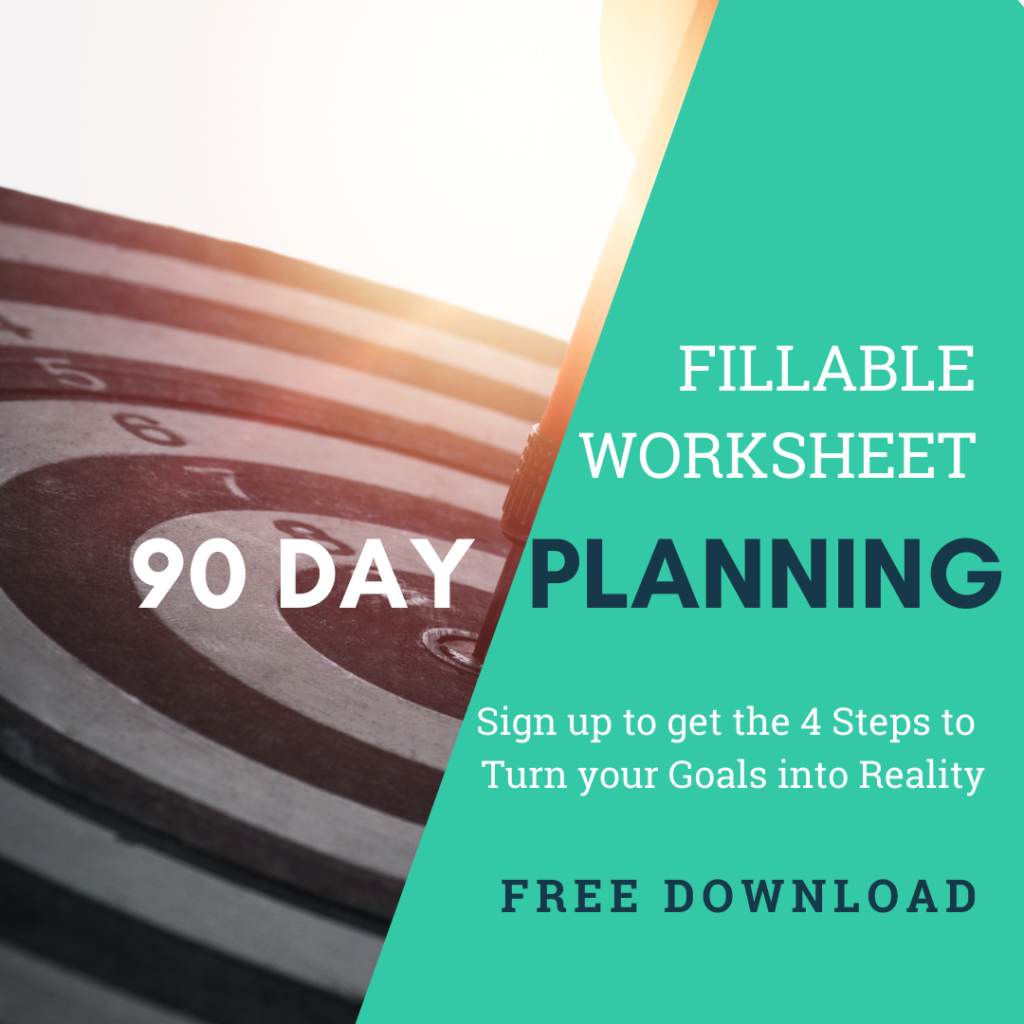OR
Read the Transcript below…
Marie: Hello, Facebook. It is live at lunch. So excited to be here with you. And today we are joined by the beautiful, the genius, the magnificent Dr. Shenell. Could you please just introduce yourself to the folks on She Runs It, let us know who you are and what you’re about.
Shenell: Hello everybody. I am, first of all, a Southern girl. So let’s get that out of the way. My accent is gonna, you know, it shines through. I’m from Arkansas. But I’m a licensed clinical psychologist and I just went through the program, the Side Hustle program and am actually doing what I didn’t think I would be doing. So it became my “main squeeze.”
Marie: It did. It did. Talk to us. Talk to us about your practice and your journey to becoming a psychologist. Why did you choose that profession? How did it find you?
Shenell: Oh, it absolutely found me. And the way that it found me was kind of a wake up call of sorts. So I was in high school playing basketball and I’d had a previous injury to my shoulder, but it just became like it was dislocating all the time. I couldn’t reach up in the cabinet. I couldn’t lay down. Like it was a mess. So I had surgery and took some time to recuperate, came back and then my other shoulder dislocated. I said, “You know, something’s going on. This is genetic. And I think that I might need to make some decisions. So I decided to retire from basketball at that point and focus on other things, but I still wanted to be on the team. I still wanted to be with the team. And I built myself motivational therapies for the team and I made a little flyer and I told the coach, and told my teammates and everyone, like, it was a whole thing.
Marie: So you had a whole campaign going. Like, “I’m not playing, but here’s my new role, that I gave myself, okay?”.
Shenell: So I really didn’t even know what a motivational therapist was. The closest I’d come to, really, psychology at that point was probably like catching Dr. Phil and Oprah after school, you know? So it was really out of the blue to me and that stuck with me. And so I chose to study psychology when I got to college.
Marie: Oh, wow. Wow. Wow. I don’t even think I knew that about you. You went and dubbed yourself as the Therapist. I love that. So talk to me then about your journey. So you went, obviously you studied psychology, and then did you start out right away working? In what type of setting? Like how did you really start your career?
Shenell: Well, first off I went to school in Mississippi. Okay. I’m from Arkansas, went further South to Jackson State, and I didn’t even know that they had a doctoral program. I didn’t really know what was going to be after my bachelor’s, but in my junior year I found out about that program and decided to set my sights on a PhD program. And so I had gotten married and had a kid and everything, and just really didn’t want to move. So thank goodness, everything worked out and I was able to get into their PhD Clinical Psychology program. And that was a six year journey. And during that time, I’m doing research clinical work, teaching classes, parenting, singing in the church choir, all the things,
Marie: I just know that you had a lot of free time, right?
Shenell: Right. So the next step after the degree was to figure out what to do next. Post Doc was my choice and I applied to a few programs, but the sentiment was kind of like, “You know, my internship got me out of the South. I went to Tucson, Arizona, so I’m like, I can get out. I’m not going back.” So I was like, “Ooh, I can probably go to somewhere else even.” So I applied to Post Docs around the country and lo and behold, Columbia got back to me first – I applied to their department of Psychiatry and their Gender, Sexuality and Health division. And I wanted to continue my research in HIV and mental health. So I got a call back from them and you know, it’s pretty big deal to be selected. And then they got back to me so early in the application cycle. And I really had to decide what kind of a move I was going to make. Do I want to stick with what I know, what’s comfortable, or do I want to go for it? And I decided that at the end of the day, I didn’t want to live in regret. So I decided to allow for a Northeast experience, even though I wanted nothing to do with the real winter.
Marie: That’s what getting out of your comfort zone means – that the turf may not be what you like. But that’s completely different going from the South. And then you were in Arizona, which was very, very different to come all the way to the Northeast. So what was that like for you? That experience of really jumping into something totally foreign?
Shenell: Yeah. I was blessed. I felt blessed to have that segue of Tucson because I don’t know if I could have gone from Mississippi to New York. I think that might have been a bit much. So I was really glad to have that segue to a bigger city, but not too much. And you know, feel what it’s like to get my bearings. Because outside of leaving for college, I hadn’t really done a move like that. So, coming to the city, it took a minute – I had to deliberately remind myself that people weren’t being mean to me because I was so used to that Southern hospitality piece that it’s the just natural demeanor of a lot of New Yorkers.
Marie: I’m not sure what you talking about Shenell!?
Shenell: It could feel abrasive.
Marie: Well, every city has its own flavor, right? Every city has its own little flavor, its own different kind of energy.
Shenell: Oh honey, I had to remind myself everyday for a good minute there, you know, and even help my daughter with her transitioning to school. Because she thought the kids were being mean, you know? So we just had to acclimatize.
Marie: Right, you had to adjust, because it is a different culture. I think New York in particular, but just even the Northeast, going from the South, or even from more like the West coast where you are, the Southwest is very different. Well, how old was your daughter when you ended up coming to New York?
Shenell: She was six. Yes. She came here in first grade. So she lost a little country accent. She’s a city girl.
Marie: I bet. I bet now if your daughter goes to the South now she’s probably like, “This is weird.”
Shenell: Right. Cause she’s not to be is a bonafide city girl. Yeah.
Marie: Wow. Okay. All right. Good. So tell me more about your work because obviously I know you, but tell the people who are listening more about your work. You hinted a little bit, even talking about your Post Doc work around Gender, Sexuality and Health and even working with the HIV population. But what is it that you do that’s specific to you? What makes you Dr. Shenell?
Shenell: Dr. Shenell is really excited and passionate about positive psychology. I would say that. And what is that? Is there some Pollyanna, everybody needs to be hunky dory type? It’s not that. It’s about studying and understanding the science of what it takes to do well as humans, right? Because generally the field focuses on what’s wrong. How often do we ask what’s going well, what’s strong, what’s helping to facilitate that? And that was where my mind would gravitate to – part of choosing my interests or even meeting up with, I would say my interests. That happened when I was on a practicum rotation with the children’s hospital. And I was part of a case where we had to let a 13 year old little black girl know that she was living with AIDS. And I wasn’t in on the initial consult where my supervisor spoke with her and her family and so forth.
But her family was via phone – those who could be reached – and so she wasn’t able to really get much support. So I was brought in thereafter to provide her some additional support. And what struck me about her was her vibrancy. I know a kid doesn’t understand the gravity of that kind of news necessarily, but her capacity to zoom in on, “I just want to see my family.” It was summer time. She wanted to be out side, getting better so that she can go do the normal things that she wants to do. What struck me was the capacity of the human spirit and being able to find light and pleasure and joy even, a space to exist in the midst of a bunch of chaos. And I didn’t know what to even call it at that time.
I knew about trauma, and the study of that, but what about the other side, experiencing these horrible things and working through them, and actually not live a life thereafter that’s just doom and gloom. I was really curious about that and I’ve came into contact with the words, benefit finding, positive byproducts, and post traumatic growth. Post traumatic growth representing, there hasn’t been something that one might classify as traumatic, or just really a crisis point, and being able to work through it, move through it in such a way that it is a catalyst to positive life changes, spiritual growth, personal sense of self, sense of community, appreciating life, like really shifting the paradigm of the individual. And so that really struck me.
And when I got into graduate school, I was able to apply for a fellowship with the Brown university in Jackson State. And they had a collaborative thing going, and the lines of research at the time were like substance abuse and prevention. And then there was the HIV piece, which generally focused on testing and prevention, which is important. But I was curious about people after they were diagnosed because of my experience and my practicum. And so I applied to study post traumatic growth and to understand that lived experience and people living with HIV and how it influences their engagement in their treatment.
Marie: So this is what I find really fascinating about your work, this idea of post traumatic growth, this idea of finding joy as you’re living through trauma, or even on the other side of trauma, how do you reconcile yourself? How do you really kind of anchor yourself in identity through these crises in our lives? And I mean, you’re a psychologist and I think, all of the women I know in my network who work in the wellbeing spaces have found themselves really being tapped during this time in the world. I’m really curious, just thinking about your own client base, the work that you’re doing, what have you noticed has come up for people dealing with these dual pandemics of COVID-19, but also this racial awakening and reckoning that we’re having here in the United States, but really like all over the world?
Shenell: There’s tons more anxiety, tons more sadness that is felt, and specifically living in the city, folks feel everything to the 10th degree, so being a support to folks in trying to not only understand what’s happening in their own personal sphere of influence in their world, but more broadly. It’s a lot of changes at one time, and some of us don’t like any bit of change. Everything is uncomfortable, everything is icky. And I can’t go do the general things that I would do to distract myself to avoid the icki-ness and the pain, or to fix it, or over-control things. Even those things are cut off, so what is it that I’m going to do?
Marie: What is it I’m going to do? And I love how you said that, you can no longer over-control things. So what do you do when you have to own that you’re not in control, right? Yeah. You can only do what you can do. How do you find joy in that?
Shenell: Yes, it’s a process, it’s even accepting that that is a process, that it’s not something that you’re just going to check off the list and be done with. And even as we move through COVID, it took two months, three months for some folks to be like, “Oh, okay, I need to figure out how to live through this. Not just hold my breath and wait to exhale. We’re going to be waiting.
Marie: Yeah, you’re going to be blue in the face. So really it sounds like so much of it is what I’m hearing, just be accepting the process, but also being willing to live through the process instead of hoping that it’s gonna just end soon.
Shenell: Right. And then from there, I am working on my model and framework of resilience that I think is critical and we all can use to see where we’re at and what we can strengthen at any given point in time. Not just what’s wrong, but what can we really zoom in on that can help us through? And that’s the positive psychology piece.
So, you know, using our awareness of Seeing, which is the first one. And then to engage with our bodies, which are impacted by all these emotions that we’re experiencing, which is the second thing – Grounding. And then the third thing being Assessment, actually assessing the problem and not just what you think is wrong with you, what do you think is wrong with everybody else? But we get derailed and we never get to the underlying content of why those emotions came up for us. And then the fourth piece is Committed Action – once we can sort through the muck and mire and get to why we are feeling these things and deal with it with a much more analytical lens versus emotional reasoning lens, then we can see how we want to show up. And we get to decide that.
Once we can see more than just the emotional data point and look at the other things that we want to consider, what we know about ourselves already, what we know about the other folks involved or other things involved, how we’d like to show up in this life area, what we want to be true of us, just in general, our values, in deciding to put the energy into that, in terms of our actions. We really can allow ourselves a bit more buoyancy in the waves and splashing around of life.
Marie: Yeah, I love that. I love that. Considering thinking of it in terms of buoyancy, because we ain’t getting rid of the waves…
Shenell: …At all. The intensity will vary, but she brought me a rock.
Marie: You have to find those resources really inside of yourself to create that buoyancy. Right? How are you going to ride the wave instead? I love that. So Shenell, tell me, because obviously you’re an alumni of the Side Hustle program, but what had you decide to do the program? And walk us through where you were when you started? And then clearly where you are now on the other side of it?
Shenell: Well, honey, I was coming around the corner of some things of increasing awareness of where I was at and what my barriers were. Not just saying, “Oh, I’m feeling stuck in some things, but like really having come to a point of seeing myself a little bit more clearly, and starting to decide to want to engage with that in a different way. You know? Because we see our pain, we know the pain points, we do a lot of this, but then turn around and go the other way. So it takes a lot to actually engage with it. That’s why I always commend people when they’re starting to even just search for a therapist. Because it takes enough to realize and see what your needs are, let alone put some action towards it. So around January and going into February, I was really starting to feel like I want to transition. I want to cross these hurdles, get over these humps, whatever metaphor you know, I need to break through.
And a colleague had introduced you not several months prior and I didn’t know what the full extent of what you did, but coming around and seeing your advertisement and looking at where I was and what I wanted to do. And I didn’t have a real clear conceptualization of how to get there, but I’m like, “Okay, this thing is coming up. And I like her and I think I can learn a lot from her.” So I wanted to give me a shot. I didn’t want to just connect with that anxious thought about not being able to do it and then not give myself an actual chance to experience something different. So let me line up some support.
Because I know if I just leave it up to me, we’re going to be a few more years, because I started my private practice in 2017. And so we’re talking about early 2020. Really trying to get myself together to shift things and I still didn’t think it was going to happen anytime soon. So I took a chance on me and I lined up the program with you. I got my spiritual coaching on tap. When COVID came on in, I took my psychotherapy from every other week to once a week and I have another business coaching program like I did. Talking to myself, I said, “I’m not playing with you girl.” Talking to myself. Talking it to me.”
Marie: Well, I love that. Because even that tenacity around like, “we’re not playing any games,” but really coming from a place of, you won’t get as much help – you won’t take this help that you could get. Which I feel, especially for women, and especially for women of color, I feel like that is a huge barrier for a lot of us, being willing to one, ask for the help, but then two, being willing to accept it and let the help in.
Shenell: Oh, I struggled with that part too.
Marie: The help is there, like what you want me to do? And you’re like, “I’m good man, just right there,” but you gotta let some of it in. So talk to me about your experience in the program. Because obviously it’s a three month program and we’ve continued to stay in contact and work together, but what benefits did you see? What results did you get from the experience of the Intensive?
Shenell: I got so many unexpected results from participating in the program. Like again, I knew in a very vague sense that I wanted to shift some things, but I didn’t know what all it was, but hoo, did it come out the woodworks, okay!? You know, I started the program – I was like, “Okay, this is great. Oh yeah.” And when I really started to face those triggers and I didn’t even see it right away that I got right back into that cycle. And it was when we hit the money part that I lost my damn mind. I did.
Marie: And I remember that so well because everyone said when we start the program, we really dig into the money part. We go pretty hard right into the money. And most of the women in the program, nobody wants to talk about the money. Nobody wants it. That’s why I’m like, well, we talk about that first and almost unanimously, across the board, everyone, within the same week, was like, “I can’t do this anymore. This is, I can’t, this is enough. I can’t, it’s never going to happen. Just sign off. I’m done.” But it’s almost predictable. That’s what happens, being confronted with some of our fears in that way.
Shenell: Yeah. Yeah. And coming into the space because the support is there because there’s other folks who are experiencing these same things, I was able to lean back into the support. Because I went and next thing you know, I was panicking and I was, y’all, about to move across the country, take a job I definitely didn’t want to take, and do all these things so I can meet these money needs. Because once I started really looking at it, I was like, “Oh shit, what am I trying to do here? I need to go, I need to go hard into this full time thing.” And so once I was able to see, “Oh, I’m in a cycle, this is what happens to me when I get to that point.” And I kick into a whole another gear, but that gear exhausts me. Yeah. That gear wears me out. That gear hurts my health. That gear hurts my relationships, that gear makes me miserable. And so once I realized I was caught up in that cycle, I then leaned back into the support of the group and really challenged myself, even if I’m coming in tears, to keep showing up. You know, to keep having, it was one, the major one that I missed, I just like, y’all just not gonna see me this bad. But outside of that, I’m like, tears can be falling. I really recommitted once I could clearly see, “Oh, this is what, what gets me off track?” And really allowing you guys to support me and just speaking about it and sharing that experience. It was very… it took a lot of weight off of me to finally walk through that with so much support. It was great. Yeah.
Marie: Oh girl, my heart. I tell you this program was like my favorite thing. That’s like my favorite thing. And I think everyone should have something like that in your business. Something that you just so look forward to. That really gives you that energy and fuels you like that. Dr. Shenell, we have a couple minutes left and so we go and do our rapid fire round now.. Alright, so it starts off real light and easy now. And then we go. Okay, so tea or coffee?
Shenell: Tea
Marie: Mountains or ocean?
Shenell: Ocean, ocean.
Marie: Okay. What are three rituals that you do every day?
Shenell: Three rituals I do every day. I commune with Mother Cannabis. And quite frankly, with you in some shape, fashion or form, she is my beloved. And I am sure to hug my daughter. And I try to find some bit of light with joy.
Marie: I love that. Oh, I love that. You got me, you know, just a sidebar: my children told me yesterday that I don’t spend enough time with them. Because I’ll work all day. And I was like, “Oh, but I was always working all day. Y’all just usually not here.” This is not new. But because they’re here all the time I take them for granted – like the hug. Those little things, little things. I love that. Let’s see. How old were you when you realized you were an entrepreneur?
Shenell: I was in middle school and I started selling squeezes, you know, the little twists. I made a hustle out of it till I got caught.
Marie: How much were you selling the squeezes for?
Shenell: Oh maybe a quarter or something.
Marie: Oh my goodness. That’s amazing. Okay. Let’s see. What’s your favorite sound?
Shenell: My favorite sound. Oh, Afrobeats.
Marie: Like, what we talking about?
Shenell: I’m thinking specifically about the Lion King soundtrack that Beyonce did.
Marie: Okay. Okay. Let’s see. You as a teenager, in three words?
Shenell: What people would call me Sensitive. And Joyful and Supportive.
Marie: Okay. I like that. Let’s see, when you journal, is it on paper or electronic?
Shenell: It’s both. Because I use the rocket book and so, you know, it’s erasable paper and ink and then I upload it electronically.
Marie: Okay. I won’t say it’s cheating, but that’s smart. Dr. Shenell: what is healing?
Shenell: Healing is a process that is ever unfolding in our timeline, if we so choose to tune into it and interpret our pain differently, to be willing to see what it’s adding to us, not just how much it’s hurting.
Marie: Okay. And let’s see, turn the other cheek or catch these hands?
Shenell: Oh, it’s really hard to choose. I’m very much one of duality and I think, there may be some flavor or a mixture or a precision to combine the two.
Marie: I love it. I love it. You’re like, why does it have to be one or the other?
Shenell: Very much a Both/And personality.
Marie: And then where can people find you? What’s coming up for you? Where can we learn more about posttraumatic growth in the work that you’re doing?
Shenell: Well, I can always be found on Instagram and Facebook at DrShenell. And my website is DrShenell.com and I have a new website coming out with that’s my private practice baby, and it’s called Masterful Resilience. And so be on the lookout for that for blogs and event updates. And I’m going to be making some courses, starting some groups and I’m writing some books. So folks can definitely tune into me on Twitter, Facebook, Instagram, and I’ll be happy to support them on their journey as we all are trying to stay afloat.
Marie: And we are trying to stay afloat. So y’all heard that. If you need some support, Dr. Shenell is here for all of that. Definitely, if you have questions, go ahead and drop them in the comments. We’ll be sure to check those. But you know, I just want to thank you so much for being here with me today and spending time. I know your time is valuable.
Shenell: And I appreciate you too, Marie. And if you’re on the fence, Do it! Do it! Do it!
Marie: All right. Y’all heard it. Y’all heard it. Beautiful! Y’all, hit us up in the comments. We’ll talk to you soon.










